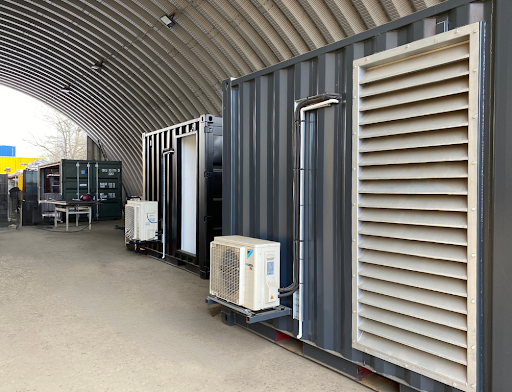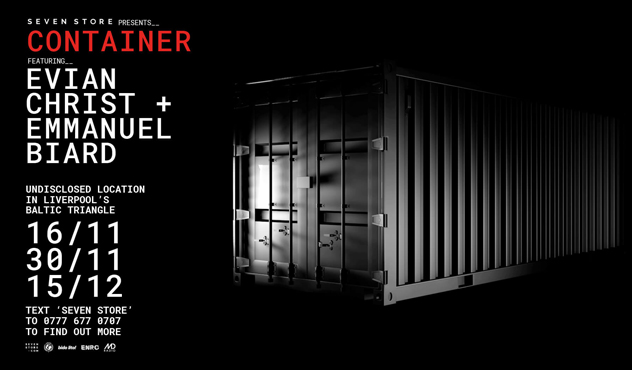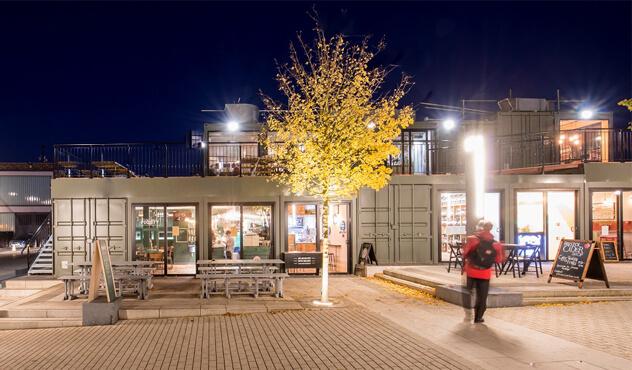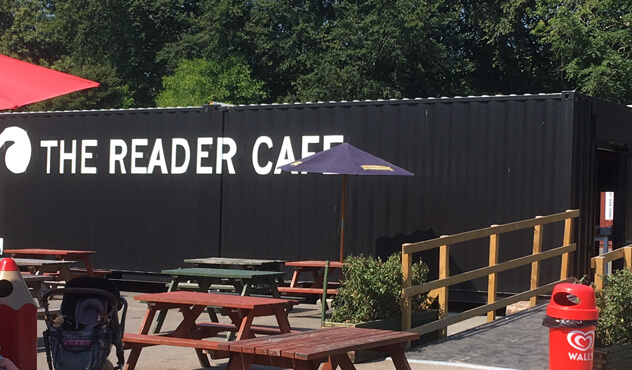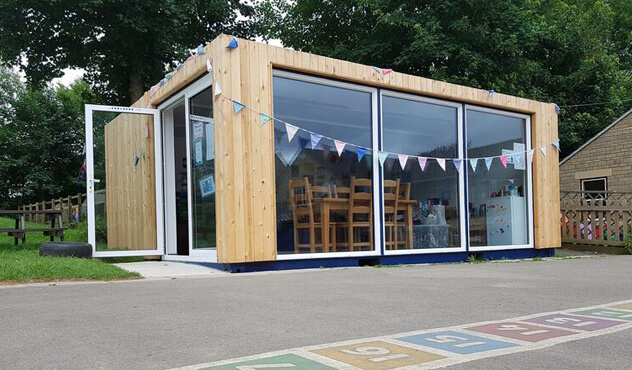Eldapoint is the UK's premier manufacturer of portable steel building solutions across a wide range of sectors, from construction to oil and gas. We have extensive experience providing speciality storage solutions for renewable technologies, including BESS (Battery Energy Storage System) housings, working closely with the industry to deliver cost-effective and tailored solutions.
BESS installations promise to be critically important for building reliable, resilient, and affordable electricity grids to manage the disparate nature of renewable energy sources like wind and solar. Today, a chemical battery can store enough energy to power an entire community. They help stabilise the energy supply to the grid and improve system voltage during high demand, offering rapid peak shaving, load shifting, and emergency backup power functions currently mainly provided by fossil fuel systems. The deployment of BESS installations will continue to play a key role in ensuring communities are powered by green energy, even when the sun isn't shining or the wind has stopped blowing.
However, although a BESS helps resolve the demand for greener energy, it can create new concerns about noise emissions and pollution. The tonal buzzing and humming that result from the high voltage electrical equipment on site can be a nuisance for listeners living and working nearby. We look at the BESS noise challenge and what can be done to mitigate the problem.
What is the extent of the BESS noise problem?
As the BESS market matures and becomes more integrated with the local communities it serves, noise pollution is a growing problem. Locating BESS in urban, residential areas makes sense as they have the largest electrical loads, reducing transmission losses and optimising energy production. The downside is the impact that noise has on the local population.
The most straightforward BESS configuration typically consists of four main components: battery containers (the element manufactured and supplied by Eldapoint), cooling systems, inverters and transformers. Batteries can be housed in containers of variable sizes, each requiring a cooling system to regulate the internal temperature. Eldapoint design and build 10 foot containers with racking for 500kw of power and 20 foot holding over 1000kw of power generated by eighty 60 kilo batteries.
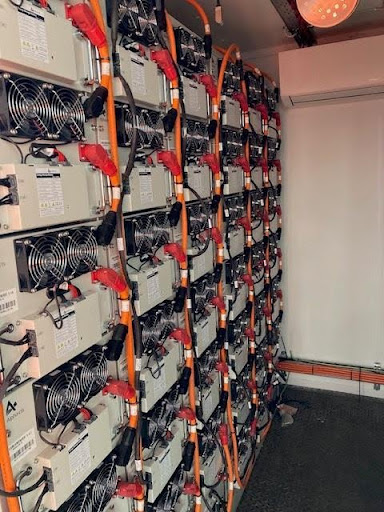
The containers connect to inverters and low-voltage transformers, further stepped up by a primary transformer connected to the national electrical grid.
A BESS will operate on a continuous automated basis, so noise levels have to be assessed for day and night. As part of a planning application, a noise assessment for a BESS needs to consider the worst-case scenario, namely an entire capacity charging/discharging period. UK local planning authorities typically require noise impact assessments to be undertaken according to British Standard BS4142:2014+A1:2019' Methods for rating and assessing industrial and commercial sound' ('BS4142'). As a rough rule of thumb, the commonly accepted noise limit is a difference of no more than 5 dB above the prevailing background.
The primary noise sources from a BESS are the cooling mechanisms for the battery container/cubes, inverters, the LV to MV transformers and the primary transformer. Keeping the BESS within an optimal operational temperature range ensures performance, longevity and safety but increases the need for effective but noisy temperature regulation devices such as fans and air conditioning equipment.
BESS noise mitigation measures
There are several proven ways to reduce the noise levels from a BESS installation, including adaptations Eldapoint can build into the container housing. For example, the construction can use insulation and sound-absorbing materials to maximise noise shielding. The interior can be designed to house inverter units fitted with suitable manufacturer noise-reducing kits and oversized fans (noise from fans is directly proportional to the speed at which their blades turn; large fans can produce the same amount of cooling while spinning at a lower rate).
There's also the option to implement variable fan speed controls, which enable a BESS to adjust the intensity of fans in line with demand. During downtime, when battery cells aren't generating much heat, variable speed controls can minimise cooling intensity, scaling back fan output to reduce noise pollution and save on energy costs.
External to the container assembly, BESS providers can also put in place sound barriers, which can be physical or natural (i.e., concrete or dense trees), to limit the direct transmission of noise to nearby surrounding areas. Orientation of the BESS unit equipment within the grid of systems can also be considered so that the loudest equipment faces away from a sensitive receptor.
Working with the BESS supply chain for noise reduction
Large-scale BESS installations can help keep electrical grids in balance and support the broader use of renewables such as solar and wind energy. Effective BESS noise reduction can be achieved by including noise shielding mechanisms, both internal and external to the BESS container housing. Eldapoint is a trusted energy sector partner providing client-focused, specialist storage housing solutions for renewable technologies.
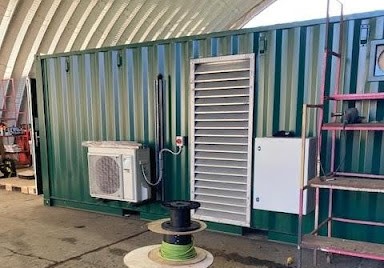
We will continue to work closely with our customer base to introduce modifications in our container builds, which can help address noise issues and allow a positive outcome to the planning application process.
If you'd like to enquire about a BESS, get in touch today. The experienced team at Eldapoint will work closely with you to create a BESS customised to your needs. Our turnaround time is currently around eight weeks. Our specialists can guide you through the entire process, from planning to delivery and installation. We have manufactured a variety of fire-resistant storage buildings and understand the specific requirements needed to house energy.
So, what are you waiting for? Get in touch by calling +44 (0)151 548 9838 or emailing [email protected], and a team member will be in touch.
